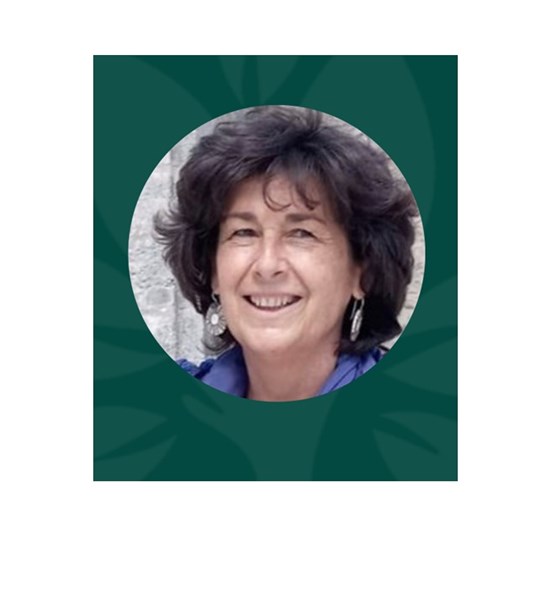“Bioeconomy is not only about science and GDP, there is much more behind”
We sat down with Lucia Gardossi, associate professor of organic chemistry and researcher at the University of Trieste, member of the SPRING Cluster board, with whom we’ve been engaged in a cross-cutting dialogue on bioeconomics, geopolitics and ethics.
Lucia is active in several working groups at European and Italian level aimed at promoting the bioeconomy and sustainable chemistry. In particular, she was vice chair of the Advisory Group SC2 of the European Commission for the Horizon 2020 programme and is currently a member of the Italian National Coordination Group for the Bioeconomy of the Presidency of the Council of Ministers.
The bioeconomy as a development model
Lucia starts by saying that we often use the wrong terms when referring to the bioeconomy. We often speak about economic growth, whereas the bioeconomy is a development model that relies on natural capital, which is not unlimited. As a consequence, the bioeconomy aims to reconcile economy with environment and society.
In Lucia’s view the shift in vision and narrative consequently leads us to understand why we cannot speak of the bioeconomy from the perspective of GDP production only, but as a true development model that goes beyond the single monetizable sectors from which to profit.
Clusters as the best strategy for stakeholder’s engagement
In Lucia's perspective, the role of technology clusters is crucial, especially considering that Italy is a country rich of singularities and territorial specificities. Technology clusters coordinate all stakeholders and regions, also gathering their voice.
Finally she highlighted that the potential of clusters is huge and not fully exploited yet, even though there has been a remarkable improvement in coordination actions, especially in Italy.
Bioeconomy is a multi-purpose concept
“The bioeconomy is not a one-size-fits-all concept, it encompasses all its different forms depending on the areas in which it exists”, Lucia pointed out.
We need always to take into account the heterogeneity and singularity of the territories when we define bioeconomy strategies and plans.
Geopolitics as a factor capable of slowing down or accelerating the bio-economy
Another issue that it has been discussed with Lucia is related to geopolitics.
Geopolitics is one of the factors that can mainly intervene on the dynamics of development and diffusion of the bioeconomy.
A direct example of this is how much the events of the war in Ukraine have had an impact on energy policies. In this way, conflicts and internal problems can interfere with market dynamics, policy makers’ decisions and, ultimately, bioeconomy logics.
Consumers as targets for information and education in bioeconomy
In the current context one of the actors that has the power to boost the development of the bioeconomy is represented by the consumer, she concludes.
While many small and medium-size industries, as happened in Italy, perceived clearly the potential of the bioeconomy and are demonstrating a remarkable flexibility in following this development model, the consumer is lagging behind
For her vision, this lag is often due to a massive misinformation directed to civil society. Therefore, information and education programmes are needed to make citizens aware of the bioeconomy positive impacts, to prepare consumers to build bottom-up demands consistent with the new development models.
In fact, the citizen drives economic dynamics and thus also the bio-economy. We must reconsider the consumer as a key actor in the bioeconomy.
